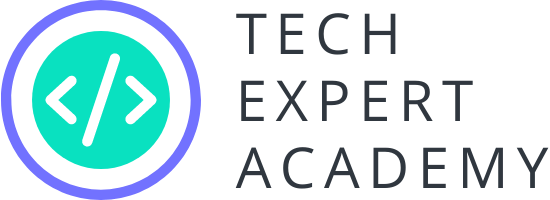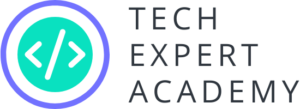Back-End Engineer
Full-time course of 3 months
As a back-end engineer, you develop the backbone of websites and mobile apps. This 3-month, full-time course gives you the essential tools to design reliable, responsive web applications in your new job, including programming servers, client-side interfaces, web security, and database design.

Module 1 : Welcome to Back-End Engineering
The course starts with a solid introduction to web development and gets practical right away as you get your hands dirty writing JavaScript programs and discovering essential JavaScript techniques and features, including arrays, looping, and objects. You will learn about the tools web developers use to create websites, write in markdown and enter the world of the Git version control system. At the end of this module, you will have built your first Node.js app versioned with Git/GitHub.
Module 2 : Basics of Back-End Development
In this module you will learn about Node.js, a popular back-end environment. You will understand how Operating Systems work and improve your JavaScript skills by becoming a master of classes, modules, and error handling. Finally, you will learn to create back-end servers and APIs using JavaScript in the form of Express.js and get acquainted with the fundamentals of Test-Driven Development (TDD).
Module 3 : Basics of Front-End Development and APIs
Although you are learning back-end development, you need to get familiar with the basics of front-end web development. The best way to do that is by creating your first web page. Adding interactive experiences to your website will show you yet again why JavaScript became so popular. It’s also time to learn about APIs (Application Programming Interfaces) so that your website can deal with data stored on remote servers. Now GitHub comes in handy and you’re learning from experience why it’s so crucial for professional developers.
At the end of this module, you will have built your own API using Node and Express to enable users to manage their personal budgets.
Module 4 : SQL for Back-End Development
The internet is a gigantic network of information exchange and it is key to learn how to deal with data. In this module, you will create, retrieve, and update data in SQL databases. You will deepen your knowledge of databases by learning how data is stored and how to use PostgreSQL to display it on the web. PostgreSQL will be your go-to resource for implementing relational databases that you have designed yourself, optimizing for database performance. At the end of this module you will have familiarized yourself with the techniques for efficiently accessing data and maintaining optimal performance. As always, your progress will be reflected in your GitHub account in the form of your first data-intensive web application, which you will deploy on Heroku.
Module 5 : Software Principles and Patterns
It’s time to dive deeper into the art of software development. This module will teach you about different software principles (DRY, KISS, and YAGNI). You will learn about object-oriented programming (OOP) and get familiar with the principles of abstraction, inheritance, encapsulation, polymorphism, and SOLID. You will learn about software design patterns, architectural patterns, and specific patterns that are popular in the development community.
At the end of this module, your budget app will have evolved one step further by developing a proper database.
Module 6 : Security
The users of your app are handling their budgets, so it is important for the app to be secure. This module will introduce you to the basic concepts of web security covering common threats, available technologies, and best practices. You will learn about intermediate concepts in web security and get familiar with techniques for preventing common threats. Ultimately, you will identify techniques available to secure your applications and learn how to use authorization and authentication techniques to protect your resources. At the end of this module, you will have secured your database from SQL injections.
Module 7 : Enterprise Development
Ultimately, future employers will hire you to write code that is ready for production. This module will acquaint you with the technologies involved in enterprise development. You will learn about the storage of content on different servers with caching and CDNs, and about the different strategies for scaling your server. Moreover, this module will introduce you to technologies that can help you to expand your understanding of back-end architecture and you will become familiar with Agile methodologies and Scrum. You will be relieved to learn that GitHub allows for implementing Continuous Integration and Continuous Delivery, and you will gain practical knowledge of containerization technology like Docker and Kubernetes.
At the end of this module, you will have built an API with Node, Express, and Postgres to manage an online contest that uses best practices for authentication and authorization.
Module 8 : Technical Interview Preparation
We have reached the end of this course. The only barrier between you and your new job as back-end developer is the technical interview. This last module will equip you with everything you need. Not only will you learn what to expect in such an interview, and which soft skills employers are looking for, but you will also dive deep into linear data structures and algorithms.
Now you are ready to seek out your job opportunities. At the same time, you will work on an API of your choosing.
Tech Expert Academy
Instructor
Your coach will be an experienced professional who is passionate about creating and teaching.

